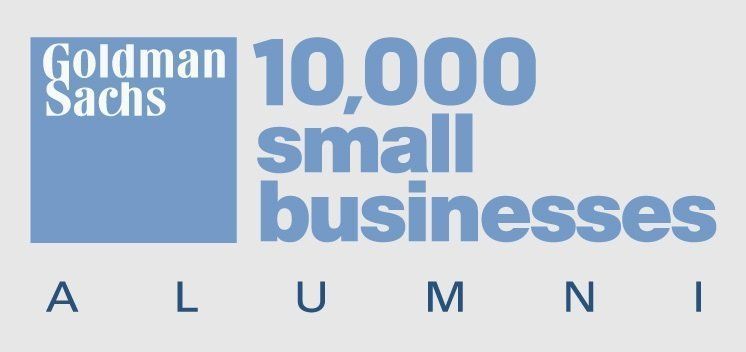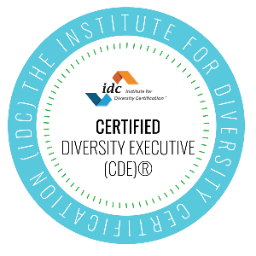The Roles We All Play in Economic Inclusion
If you look closely at economic inclusion, you can find some shocking numbers.
Take, for instance, my own growing community of Greenville, South Carolina. When our chamber of commerce examined the number of minority businesses, we found it was extremely high: about 6,000. That should be cause for celebration, but before patting ourselves on the back, we delved deeper.
It turns out that on average, those minority businesses employ 2.5 individuals, a number that has remained constant for more than a decade. That told us these companies aren’t growing at a comparable rate to others – a sign of economic exclusion our community needs to address. We know that economic inclusion drives prosperity and is a critical focal point for fostering vitality.
The reality is our business community is only as successful as the bottom third of its companies. Small business are the ones driving much of the economy in terms of job offerings, and we have to see these circumstances for the bigger purpose and the bigger mission that can be accomplished.
I’m especially fired up about creating solutions after recently hosting my foundation’s first Entrepreneur Leadership Seminar , a business education series, the proceeds of which go toward creating small business grants.
How economic inclusion looks to me
When I close my eyes and imagine a truly inclusive business community, my vision looks dramatically different from what the numbers show in reality. I see us working together to strengthen the mechanisms whereby minorities participate in wealth-building. I see minorities having greater potential to hire minorities, which research shows they are more likely to do than non-minorities.
I see equitable economic inclusion not only for people of color, but also women, LGBTQ people , immigrants , and other disadvantaged groups. When all of us have equitable economic opportunity, it changes the entire trajectory of the market.
What causes exclusion
As I often say, if you don’t intentionally include , you will unintentionally exclude. Through that lens, the barriers to economic inclusion become clearer. It’s all about lack of access – to capital, influencers, and resources that help build necessary business acumen.
Lack of business acumen can pose significant challenges for many entrepreneurs. I say that respectfully, knowing it is often excellence in some other talent, passion, craft, or trade that leads people to entrepreneurship. But, the ability to develop a sustainable business presents an additional learning curve to people for whom access is restricted.
The challenges are multiplied for those who are members of historically disadvantaged populations. Their networks tend not to include private companies who can act as partners, mentors, or coaches. They often don’t have family or friends who can offer personal loans or help jumpstart capital by cosigning on a business loan.
The role of bias
There is sometimes a visible lack of confidence in the operation of minority-owned businesses. In part, that has to do with the aforementioned barriers, where the lack of resources to dot every i and cross every t may show up in their services and products.
But on top of that, inception bias can lead people to shut the door on an entire group based on one disappointing experience with a member of that group. This phenomenon leads people to believe every business owner who shares the same characteristics will be incompetent or unqualified.
Counteracting bias is one area where influencers can be extremely important. They can acknowledge their privilege and extend it to benefit others, perhaps through partnering with underrepresented groups or facilitating referral relationships. Such influencers include organization leaders, people in procurement, or those overseeing supplier diversity efforts.
Even the general consumer plays a role. Every day we decide where to purchase our goods and services. Are we being a little more open, recognizing a rising tide lifts all boats? Or are we exclusively doing business with the same types of people?
Achieving excellence
Disrupting bias requires intentional action from parties on both sides. No matter what group you belong to, excellence is key. That’s why the Carlo and Nika White Foundation has begun hosting seminars to enable minority businesses to grow and thrive. The first one just this month focused on three main objectives:
Inspire
We want to inspire participants to understand how critical it is to gain a certain level of grit and resilience to endure the challenges of entrepreneurship.
Inform
We offer foundational business knowledge and encourage deep and strategic thinking with sessions such as “Fifteen Numbers That Every CEO Must Know.”
Increase
We want to help increase the number of sustainable, minority-owned businesses in Upstate South Carolina, which is why we target both emerging businesses and aspiring entrepreneurs.
We are doing our small part to help bring our vision of economic inclusion to reality. It’s important for every member of our business and consumer community to find their way to contribute. That’s how, together, we will foster an enduring vitality in our market that attracts people and businesses in a repeating cycle of prosperity in which all can participate.

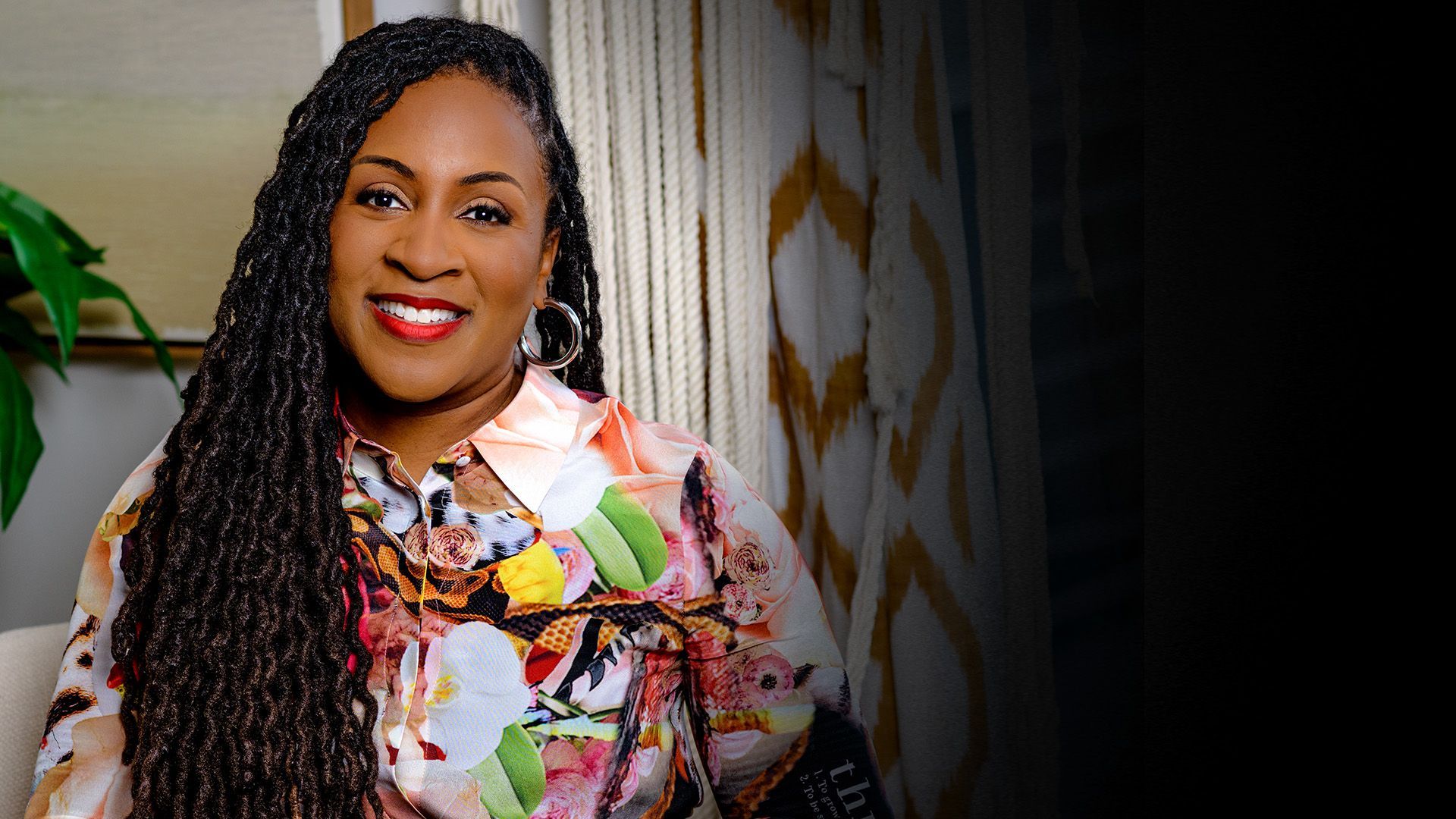




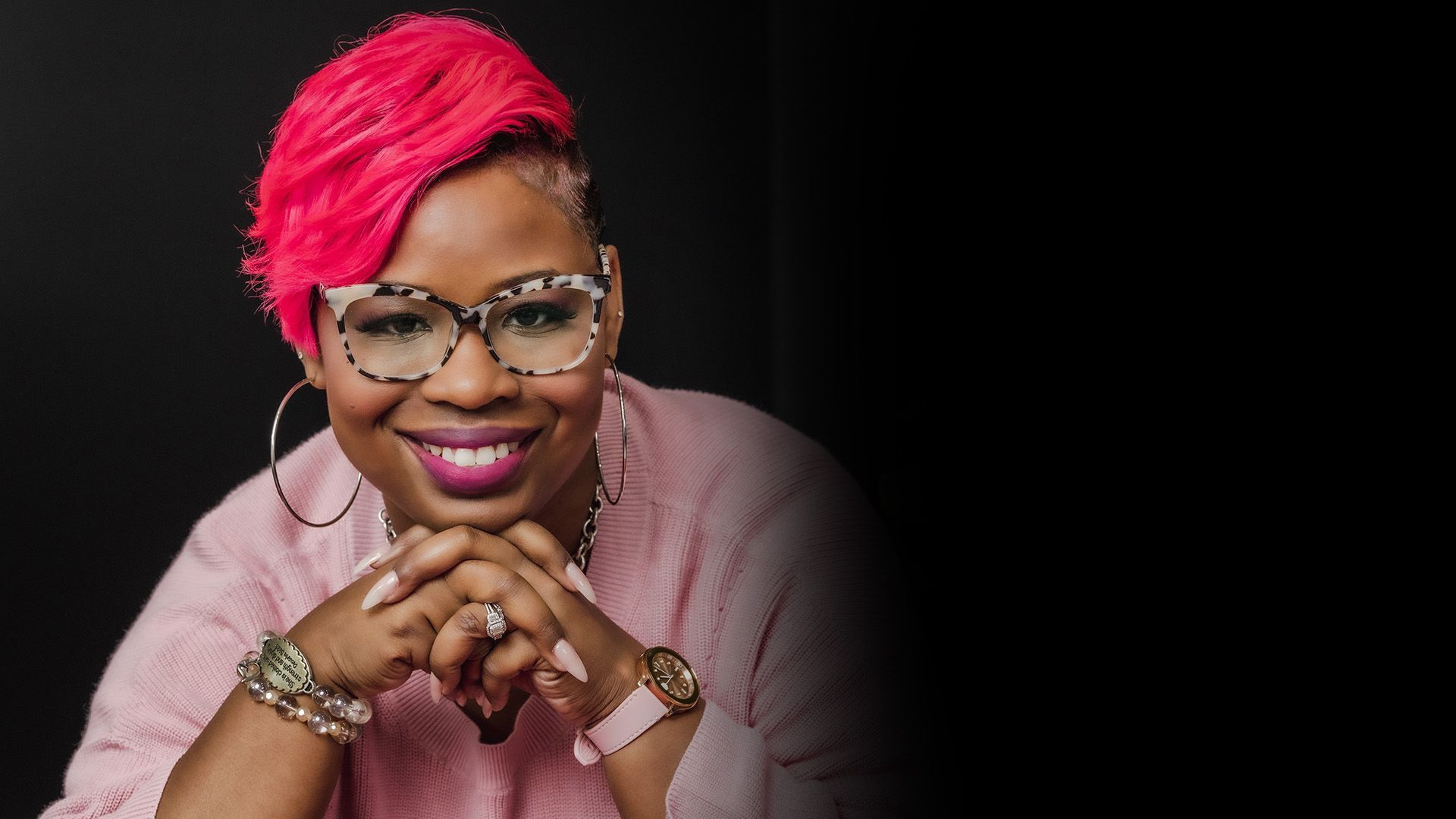


Burnout by Budget: How Financial Stress Creates Emotional Fragility in Leaders & What to Do About It


